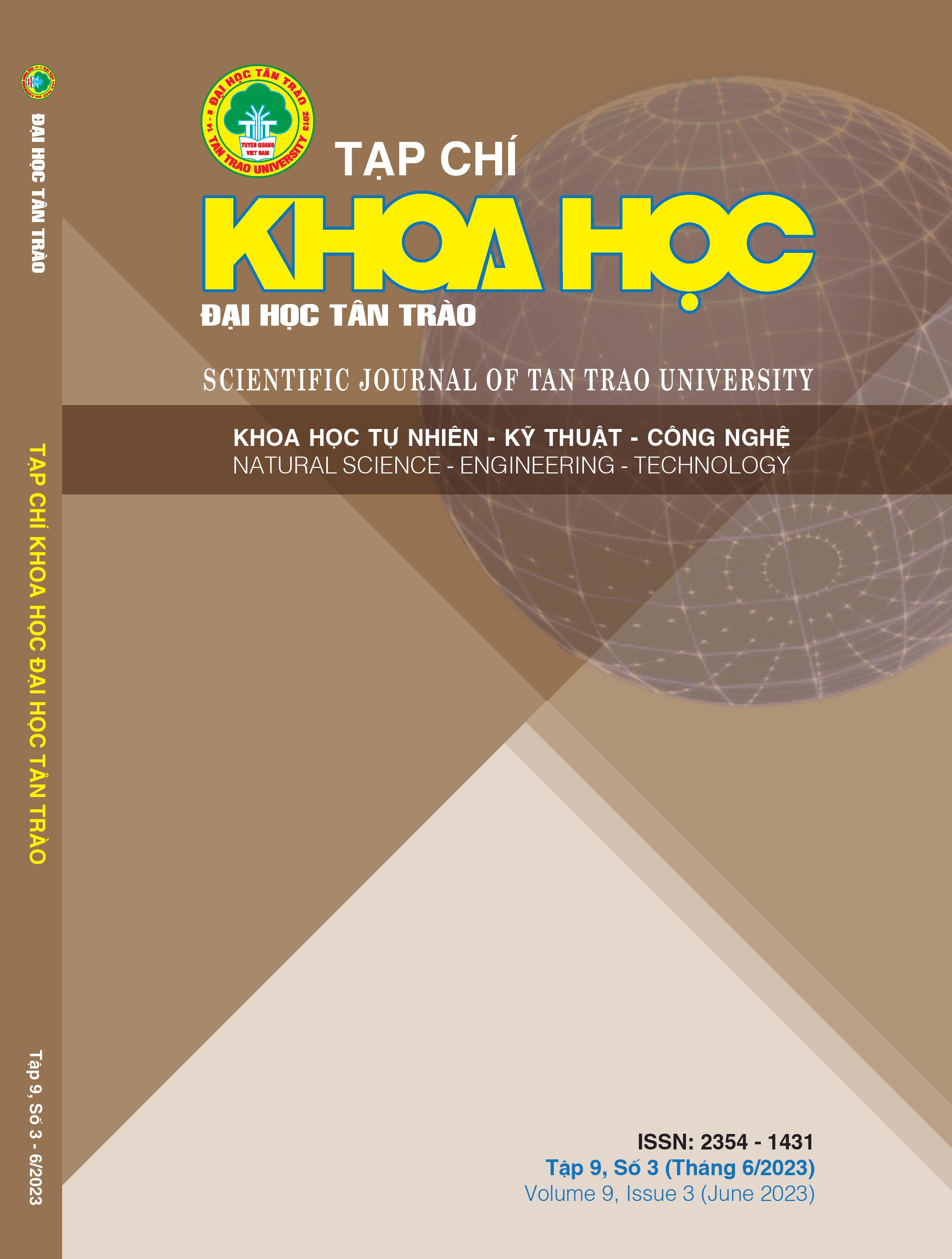CHALLENGES POSED TO THE TRAINING OF INFORMATION TECHNOLOGY FIELD AT TAN TRAO UNIVERSITIE
DOI:
https://doi.org/10.51453/2354-1431/2023/953Keywords:
digital transformation, information technology quality of IT workforceAbstract
The context of digital transformation is increasingly strong in Vietnam, creating opportunities for universities to train human resources in the field of Information Technology. However, it also poses many challenges to meet the new requirements of the labor market. This article addresses some of the issues related to Information Technology training at Tan Trao university and proposes some necessary solutions to improve the quality of training.
Downloads
References
[1] Developing the human resources of the Information Technology industry in the period of 2021-2025: current situation and solutions,https://khoinganhcntt.com/nganh-cong-nghe-thong-tin-hien-nay-1660792675.
[2] Ministry of Information and Communications (2021), Project "Enhancing awareness, training and developing digital transformation human resources until 2025, with orientation to 2030".
[3] Hieu Nguyen (2021), Which field of study is attractive in the context of digital transformation?, https://giaoducthoidai.vn/nganh-hoc-nao-hap-dan-trong-boi-canh-chuyen-doi-so-post583493.html.
[4] Pham Thi Thu Thuy (2018), Training IT human resources towards application orientation, comments and proposals, Proceedings of the School-level Scientific and Technological Conference, Developing the human resources of the Information Technology industry in the era of Industry 4.0, Nha Trang University.
[5] Tran Quoc Toan (2021), Developing the human resources of the Information Technology industry in the period of 2021-2025: current situation and solutions, Journal of Industry and Trade - Scientific research results and application of technology, No. 20, August 2021.
Downloads
Published
How to Cite
Issue
Section
License

This work is licensed under a Creative Commons Attribution-ShareAlike 4.0 International License.
All articles published in SJTTU are licensed under a Creative Commons Attribution-ShareAlike 4.0 International (CC BY-SA) license. This means anyone is free to copy, transform, or redistribute articles for any lawful purpose in any medium, provided they give appropriate attribution to the original author(s) and SJTTU, link to the license, indicate if changes were made, and redistribute any derivative work under the same license.
Copyright on articles is retained by the respective author(s), without restrictions. A non-exclusive license is granted to SJTTU to publish the article and identify itself as its original publisher, along with the commercial right to include the article in a hardcopy issue for sale to libraries and individuals.
Although the conditions of the CC BY-SA license don't apply to authors (as the copyright holder of your article, you have no restrictions on your rights), by submitting to SJTTU, authors recognize the rights of readers, and must grant any third party the right to use their article to the extent provided by the license.


